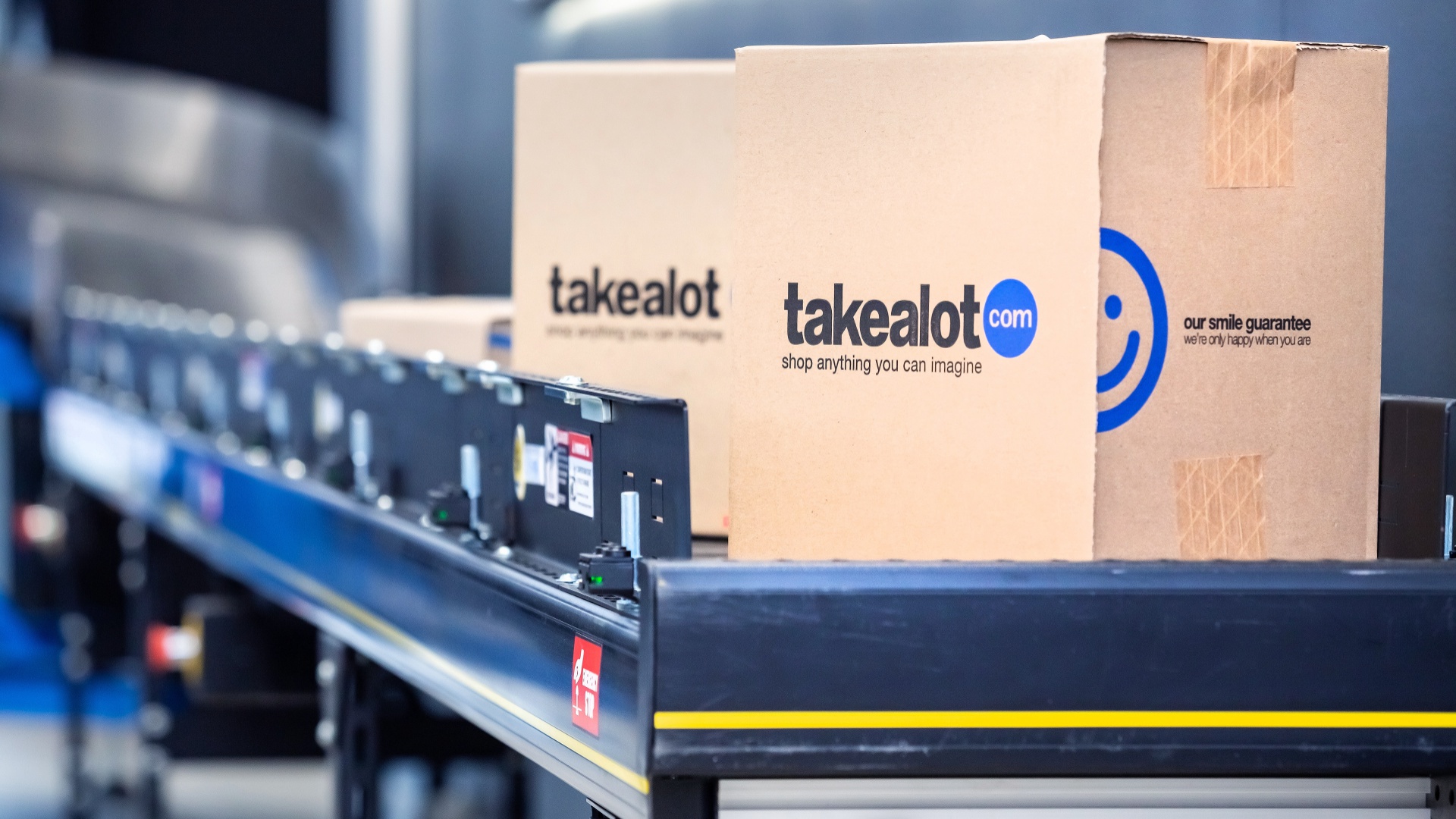- Naspers’ financial results highlight losses in the firm’s etail sector which includes Takealot.
- Takealot incurred a loss of $22 million on the back of rising inflation and other factors.
- Mr D’s revenue helped prop things up with revenue growth of 17 percent.
Multi-national corporation Naspers has published its financial results for the second half of the year and the firm has told shareholders its on track to achieve its profitability target.
The company reports revenue growth of 36 percent across its core segments of Food Delivery, Classifieds, Payments and Fintech and Edtech. This growth doesn’t include etail, for good reason.
Naspers’ two etail firms eMAG in Europe and Takealot here in South Africa have had a grim first half of the year. eMAG for instance saw revenue decline 14 percent to $2 billion.
Closer to home Takealot incurred a loss of $22 million representing a trading margin loss of three percent. This, Naspers says reflects slowing consumer demand, rising inflation and a climbing interest rate in South Africa.
“In addition, profitability was impacted by rising operational costs due to persistent national rolling power blackouts, escalating fuel costs, and the effect of global supply-chain constraints,” Naspers told shareholders.
Takealot’s delivery arm, Mr D has helped keep things from falling into dire straits thanks in part to its partnership with Pick n Pay for grocery deliveries. Revenue from Mr D was up 17 percent for the reporting period.
Naspers also highlighted its investment in the South African youth through its Naspers Labs initiative. Through Naspers Labs, the firm has trained 3 956 young people in various tech roles including cybersecurity, data science, software development and AI. These youngsters have been placed in jobs further supporting 33 micro-entrepreneurs.
“Our local businesses continue to grow and innovate, reflecting the evolving consumer needs they fulfil and the immense potential of technology to shape South Africa’s economic landscape. We recognise the important role of private-public collaboration in driving inclusive growth and we are committed to playing our part by enabling local businesses, supporting supply chains and employment through our South African platforms,” Phuthi Mahanyele-Dabengwa, chief executive officer of Naspers in South Africa, said in a statement.
The problems faced by Naspers aren’t unique to it. Local firms continue to struggle as consumers invest any disposable income into backup power solutions or quite simply survive as the cost of living climbs higher.
Businesses themselves also have to guard against the energy crisis. Just today MTN announced that it wants to become an independent power producer by generating its own energy using solar, gas and battery systems.
As we enter the second half of the year, which includes the festive season, we are keen to see just how much market pressures affect Naspers, especially the etail arm, in the next financial report.

